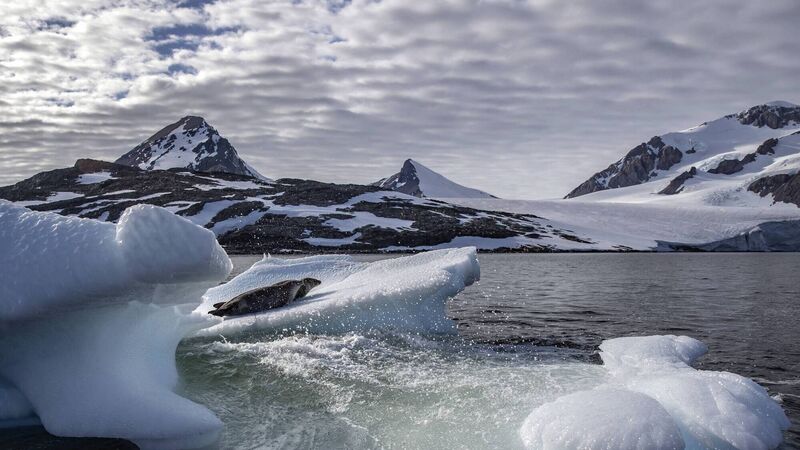Irish Examiner view: What can you do to help prevent climate collapse?

Few people can now dispute the science of climate change. Picture: Getty Images
Try from €1.50 / week
SUBSCRIBETHE alarm on climate change is sounding once again, but is anybody listening?
On Monday, the Intergovernmental Panel on Climate Change (IPCC) released its latest report and the picture it paints is a darker shade of grey. Without immediate and deep reductions in carbon emissions across all sectors of society and the economy, limiting global warming to the crucial 1.5 degrees “is beyond reach”, the UN convened body concludes.
Already a subscriber? Sign in
You have reached your article limit.
Annual €130 €80
Best value
Monthly €12€6 / month
Introductory offers for new customers. Annual billed once for first year. Renews at €130. Monthly initial discount (first 3 months) billed monthly, then €12 a month. Ts&Cs apply.
CONNECT WITH US TODAY
Be the first to know the latest news and updates
Newsletter
Sign up to the best reads of the week from irishexaminer.com selected just for you.
Newsletter
Keep up with stories of the day with our lunchtime news wrap and important breaking news alerts.
Newsletter
Sign up to the best reads of the week from irishexaminer.com selected just for you.
Monday, February 9, 2026 - 5:00 PM
Monday, February 9, 2026 - 5:00 PM
Monday, February 9, 2026 - 6:00 PM
© Examiner Echo Group Limited